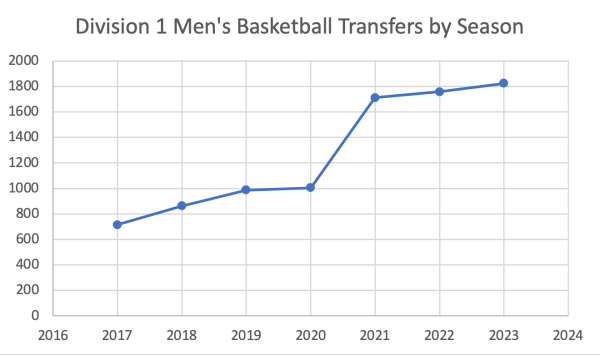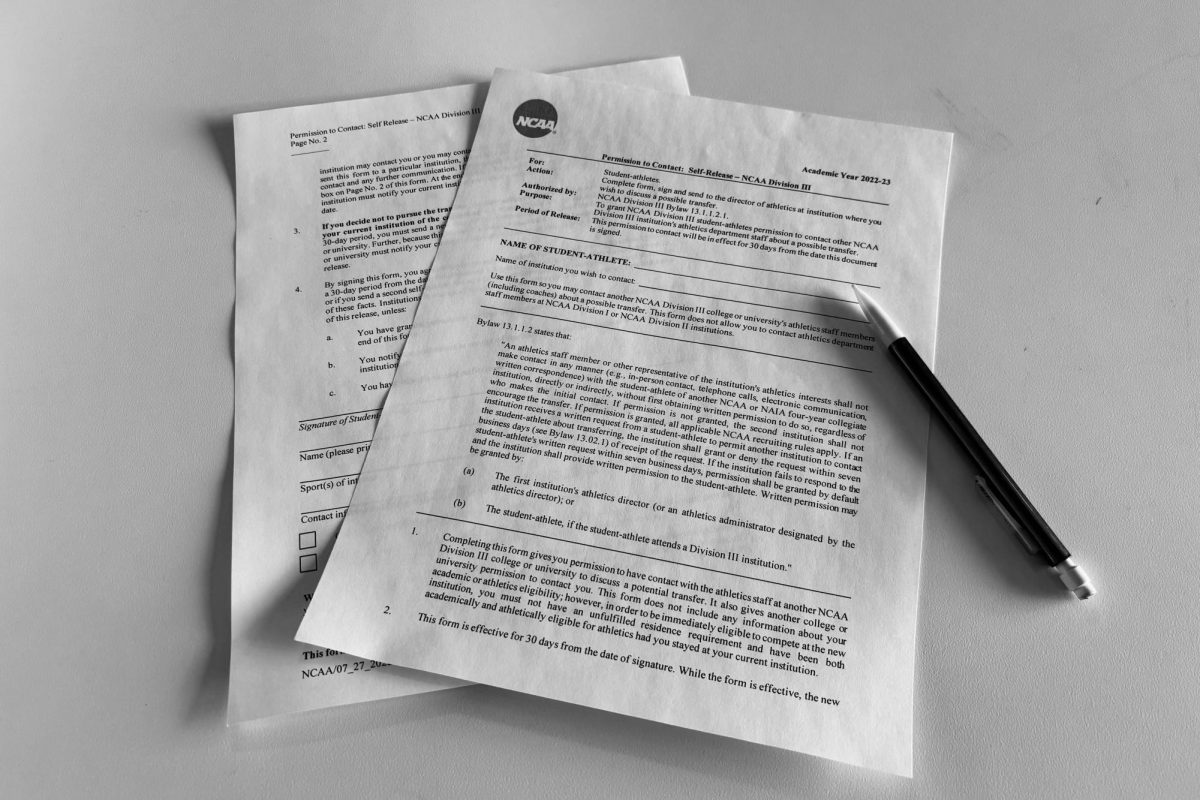A federal judge in West Virginia ordered a fourteen-day restraining order stating that all NCAA athletes who are ineligible due to transferring multiple times are to become immediately eligible.
Currently, college athletes are allowed to transfer freely one time, with the second transfer attached with one year of ineligibility. The NCAA granted many waivers to second-time transfers due to extraneous circumstances, allowing them to become immediately eligible.
The judge deemed the NCAA not allowing athletes exposure by competing in events infringed on their rights protected by name, image, and likeness bylaws.
The NCAA initially responded by stating that players who participate during the restraining order, would lose a year of eligibility if the ruling were to get overturned in the upcoming appeal. However, on Friday, the NCAA agreed to extend the restraining order to the end of the current school year.
This decision comes just two years after allowing transfers to be immediately eligible after their first transfer. The rules change in 2021 increased the use of the transfer portal dramatically, including a 55% increase in Division I men’s basketball. This restraining order will likely cause the number of players in the portal to increase once again.

This allows players who were sitting out due to the two-time transfers to return to play immediately. Winter sports won’t be the only ones affected, as the change will serve as an opportunity for those who have already transferred, to do so again, in all sports. The football transfer portal has been open for less than a month, with 1,500 Division I athletes already entered.






